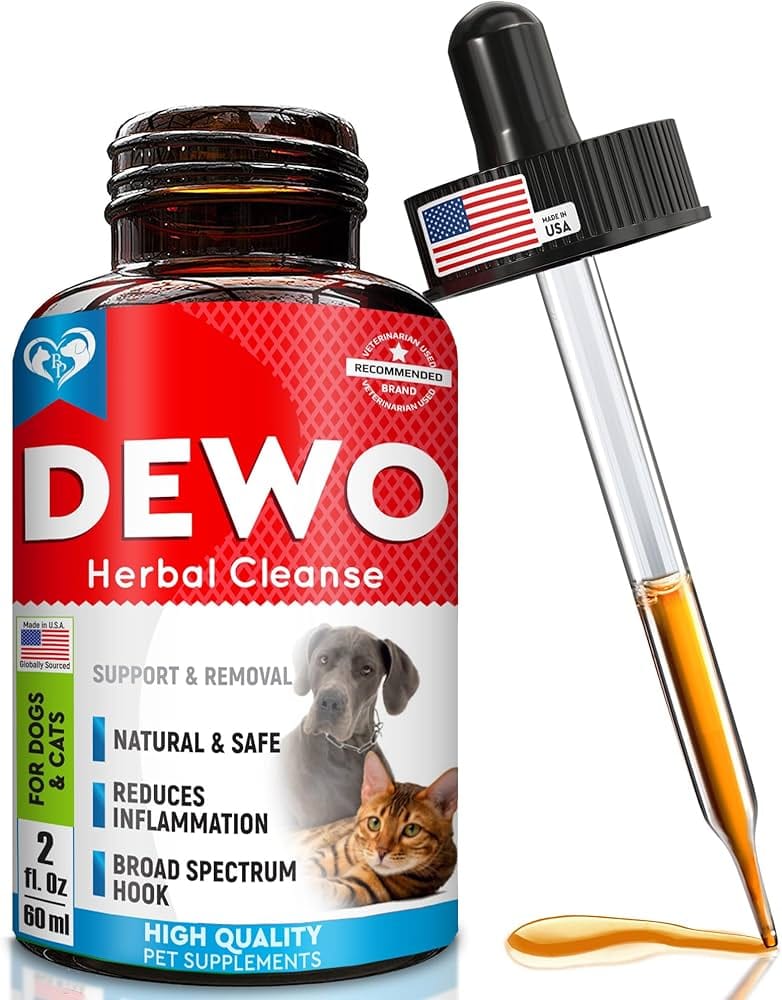Worms are a common concern for many dog owners, and while conventional treatments are available, an increasing number of people are seeking natural alternatives. Fortunately, several readily available ingredients can effectively treat and prevent parasitic infections in dogs. It’s always recommended to consult with your veterinarian for a personalized treatment and prevention plan, as each dog’s needs and circumstances are unique. This article explores several natural remedies that can help keep your canine companion healthy and worm-free.
Understanding the Natural Approach to Deworming
The concept of using natural ingredients to combat worms in dogs leverages the inherent properties of these substances to either paralyze, eliminate, or create an inhospitable environment for parasites. These methods often focus on supporting the dog’s overall health, making them more resilient to infestations.
1. Pumpkin Seeds
Pumpkin seeds are a powerful natural dewormer due to their high content of cucurbitacin, an amino acid that paralyzes worms. This paralysis makes it easier for the worms to be expelled from the dog’s intestinal tract. For effective use, offer one teaspoon of raw, unsalted pumpkin seeds per 10 pounds of your dog’s body weight, administered twice daily. Alternatively, you can grind the seeds into a fine powder and mix them with your dog’s food.
2. Carrots
These vibrant orange vegetables offer more than just a crunchy snack. Carrots are a good source of Vitamin A and can aid in worm removal. As they are digested, coarsely chopped carrots can help scrape the walls of the stomach and intestines, dislodging mucus and any parasites clinging to the lining. Feeding carrots as a treat or incorporating them into meals is safe and beneficial, as they also boost the immune system and provide essential nutrients.
3. Coconut
Dried coconut acts as a vermifuge, a substance that helps eliminate worms from the body. Sprinkle about 1 teaspoon for small dogs, 2 teaspoons for medium breeds, and 1 tablespoon for large breeds onto their food. Regular consumption of coconut oil can also contribute to ridding your dog of internal parasites, while offering numerous other health advantages.
4. Apple Cider Vinegar
Apple Cider Vinegar (ACV) is recognized for its health benefits, and it can be an effective worm treatment for dogs. Unlike other vinegars, ACV helps to increase the alkalinity of a dog’s intestines, creating an environment that is hostile to parasites and worms. A daily addition of 1/4 to 1 teaspoon of raw, organic ACV to your dog’s water can be beneficial. You might also notice an improvement in your dog’s coat condition, among other health perks.
5. Turmeric
Turmeric is a well-regarded superfood, traditionally used to bolster the immune system and recognized for its anti-inflammatory, antibacterial, and anti-fungal properties. It contains compounds that can help eliminate worms and repair intestinal damage caused by parasites, promoting a healthier gut. To enhance the absorption of curcumin, it’s advisable to mix turmeric with a healthy oil, such as coconut oil, to form a paste before feeding it to your dog.
6. Chamomile
Chamomile is known for its calming properties, which can alleviate bloating and inflammation associated with internal parasites. It is effective against both roundworms and whipworms. Administering chamomile as a tincture, which can be easily purchased online or at health food stores, is most effective. The suggested dosage is 0.25 ml to 0.50 ml per 20 pounds of your dog’s body weight, given twice daily for two weeks.
Preparing for the Unexpected and Holistic Pet Care
While natural remedies offer a fantastic way to manage and prevent worms, consistent veterinary care remains crucial. Schedule annual check-ups for your dog, which should include heartworm and parasite testing, along with necessary deworming. Considering pet insurance with wellness coverage can help you manage the costs of preventative treatments and routine veterinary visits, ensuring your dog receives the best possible care. Get a quote today. For further information on related canine health issues, you might find resources on natural ways to get rid of heartworms in dogs and home remedies to kill heartworms in dogs beneficial. Additionally, understanding how humans get hookworms from dogs and if a human can get hookworms from their dog is important for overall household health. If you’re looking for external parasite control, exploring best over the counter flea treatment for dogs can also be helpful.

